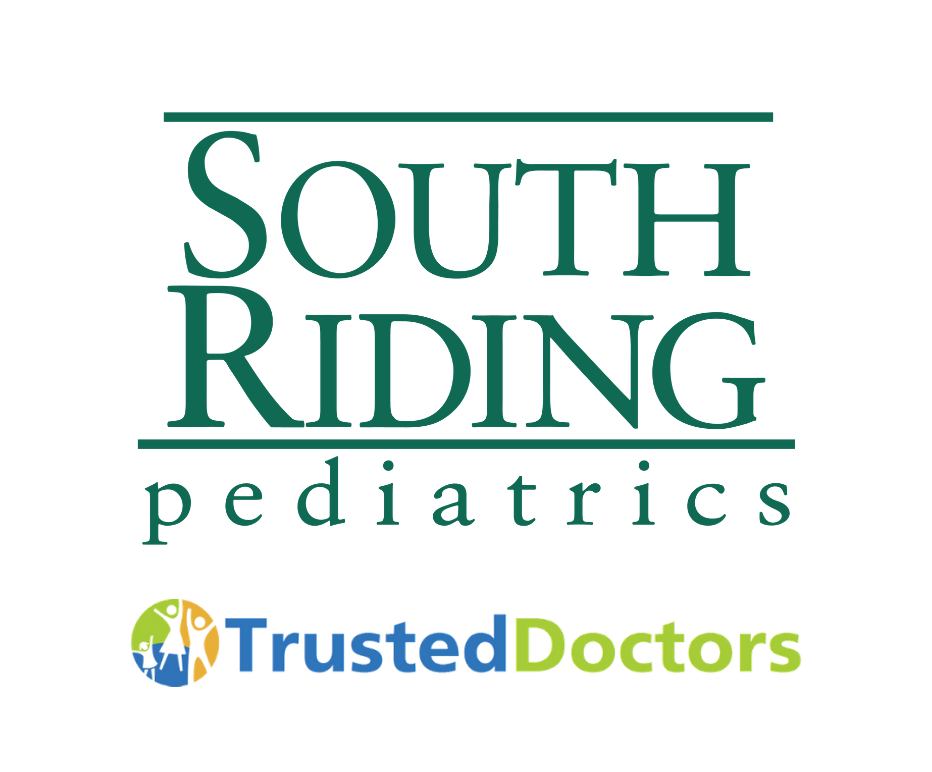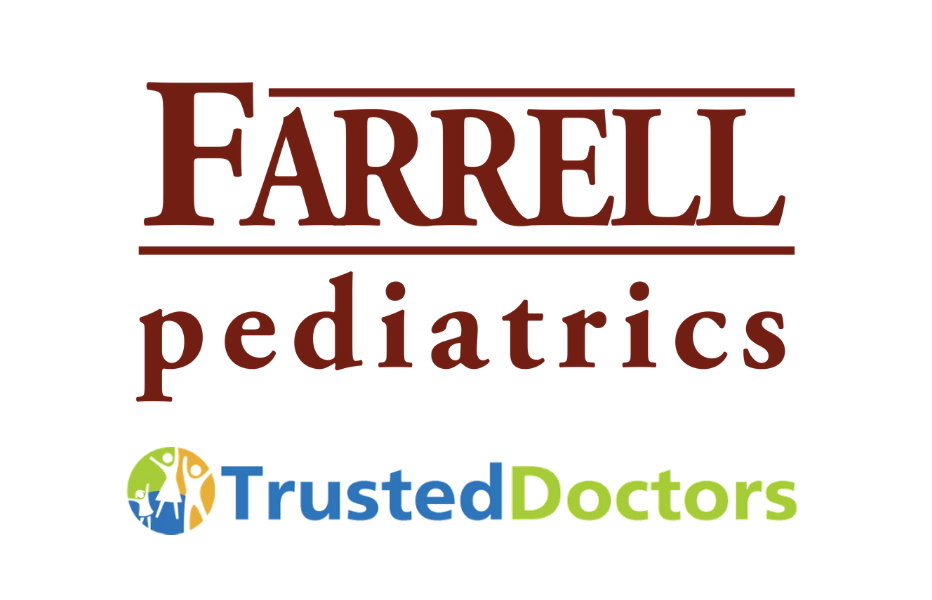February is National Heart Month, and it is a great time to educate ourselves about common health concerns related to children’s hearts. Heart conditions can be severe, and it is critical for parents to know the various heart conditions that can affect their children. Thankfully, many are treatable and caught before they become severe medical issues. Early recognition is key for managing a child’s health.
Pediatric heart conditions can be divided into two groups: congenital heart disease and acquired heart disease. Congenital heart disease is a heart condition that is present at birth. It occurs when the heart or blood vessels near the heart do not develop properly. There are many different types of congenital heart disease, ranging from simple conditions that may not require treatment to more complex situations that require surgery. Newborns in the U.S. are screened for severe congenital heart defects at birth. However, some milder ones, like minor atrial septal defects – holes in the heart’s walls – may go undetected until a child’s teenage years or beyond.
Acquired heart disease refers to conditions affecting the heart and the blood vessels surrounding it as a person grows and develops. While this type of heart-related issue is more common in adults, children and teens are not immune. Heart diseases that develop during a person’s lifetime can lead to significant health issues, from abnormal heart rhythms and weak hearts to blocked arteries. These conditions can put individuals at risk for stroke, heart attack, or even death.
Common heart conditions in children include:
- Congenital heart defects (CHD): A CHD is present at birth and is one of the most common heart diseases among children. The severity of the disease varies, and about 1 of 4 babies with CHD are diagnosed with a critical congenital heart defect and need surgery in the first year of life. With proper prenatal care, most cases are diagnosed before birth. Some of the more common CHD types include Atrial Septal Defect, Atrioventricular Septal Defect, Coarctation of the Aorta, Double-outlet Right Ventricle, and d-Transposition of the Great Arteries.
- Heart murmur: A heart murmur is an abnormal sound heard during a heartbeat. It is caused by blood flowing through the heart or blood vessels abnormally. Most heart murmurs are benign and do not cause any problems. However, some heart murmurs can signify a more serious heart condition, such as a hole in the heart or a leaky heart valve.
- Hypertension: Hypertension, or high blood pressure, is a common heart condition affecting children and adults. It occurs when the blood vessels become narrowed, making it harder for the heart to pump blood effectively. If left untreated, high blood pressure can lead to serious health problems, such as stroke, heart attack, and kidney damage.
- Kawasaki disease is a rare condition affecting the coronary arteries and heart muscles due to the body’s immune system attacking healthy tissues. It can lead to significant inflammation and severe medical complications if left untreated.
- Cardiomyopathy: Cardiomyopathy is a serious condition causing heart muscle weakening. The decreased capability to pump blood can lead to fluid accumulation in the lungs and other organs, eventually resulting in heart failure. It can be inherited or acquired.
It is important for parents to be aware of these heart conditions and to discuss any concerns with their child’s healthcare provider. Regular check-ups and screenings can help diagnose and treat heart conditions early and help prevent complications and ensure that children’s hearts stay healthy. The Signs of heart problems in children vary depending on the specific condition and the age of the child.
Common symptoms of pediatric heart related disease include:
- Rapid breathing or difficulty breathing
- Fatigue or lethargy
- Fainting or dizziness
- Swelling in the legs, abdomen, or around the eyes
- Bluish skin color, especially around the lips and nails
- Irregular heartbeat or palpitations
- Persistent cough
- Rapid weight loss or gain
- Persistent chest pain or discomfort
Awareness of the signs of heart problems in children and teenagers is essential, as early diagnosis and treatment can be crucial. However, remember that other medical conditions can also cause these signs, and not all children with heart problems will have the same symptoms. If you are concerned about your child’s health, consult a medical professional to discuss evaluation.





